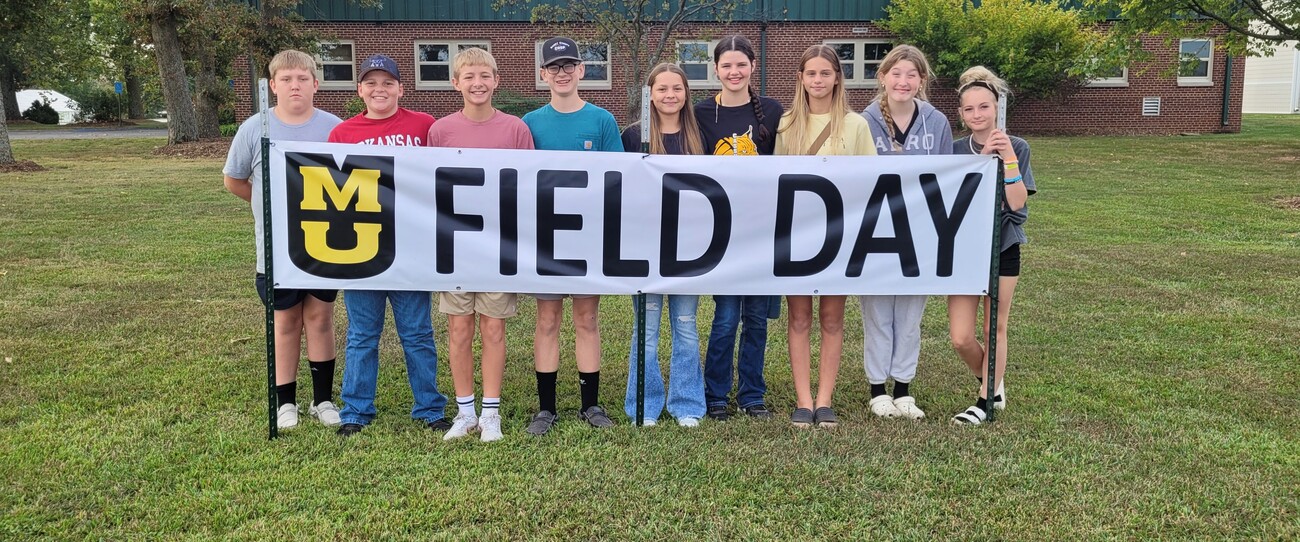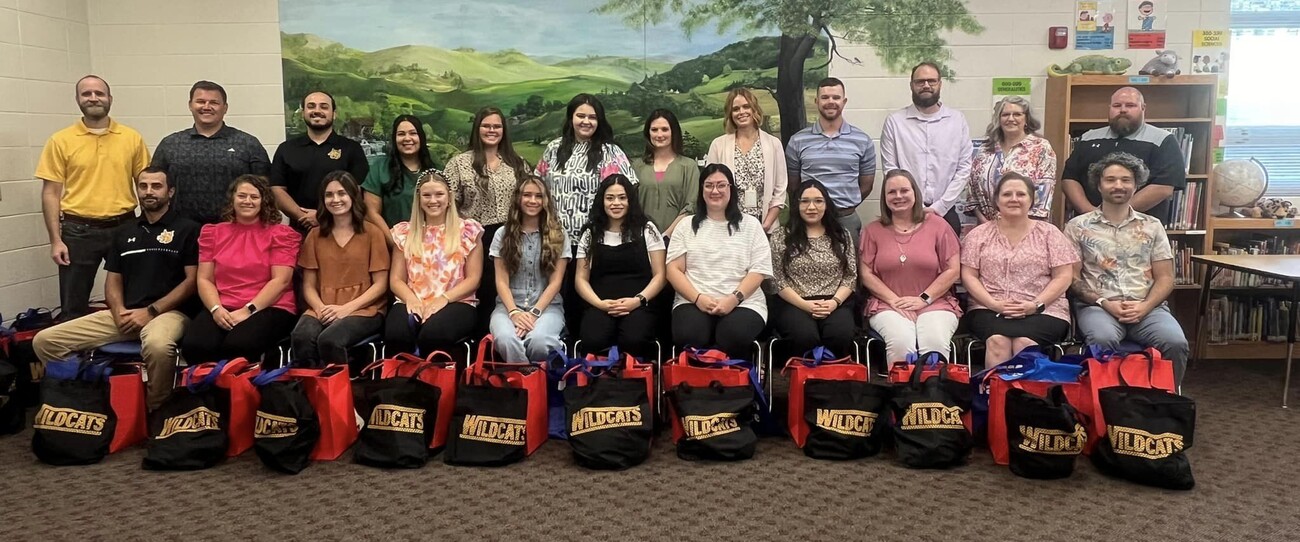Homeless
McKinney-Vento Act
The term homeless children and youths are students:
- who lack a fixed, regular and adequate nighttime residence,
- including:
- children and youths who are sharing the housing of others due to a loss of housing, economic hardship or similar reason; are living in motels, hotels, trailer parks or campgrounds due to a lack of alternative adequate accommodations; are living in emergency or transitional shelters; or are abandoned in hospitals;
- children and youths who have a primary nighttime residence that is a public or private place not designed for, or ordinarily used as, regular sleeping accommodations for human beings;
- children and youths who are living in cars, parks, public spaces, abandoned buildings, substandard housing, bus or train stations, or similar settings; and
- migratory children who qualify as homeless because the children are living in circumstances described above.
The McKinney-Vento Act also requires that:
- Homeless students who move have the right to remain in their schools of origin, (i.e., the school the student attended when permanently housed or in which the student was last enrolled, which includes preschools) if that is in the student’s best interest;
- if it is in the student’s best interest to change schools, homeless students must be immediately enrolled in a new school, even if they do NOT have records normally required for enrollment;
- transportation must be provided to or from a student’s school of origin, at the request of a parent, guardian, or, in case of an unaccompanied youth, the local liaison;
- homeless students must have access to all programs and services for which they are eligible, including special education services, preschool, school nutrition programs, language assistance for English learners, career and technical education, gifted and talented programs, magnet schools, charter schools, summer learning, online learning, and before- and after-school care;
- unaccompanied youths must be accorded specific protections, including immediate enrollment in school without proof of guardianship; and
- parents, guardians, and unaccompanied youths have the right to dispute an eligibility, school selection, or enrollment decision.









